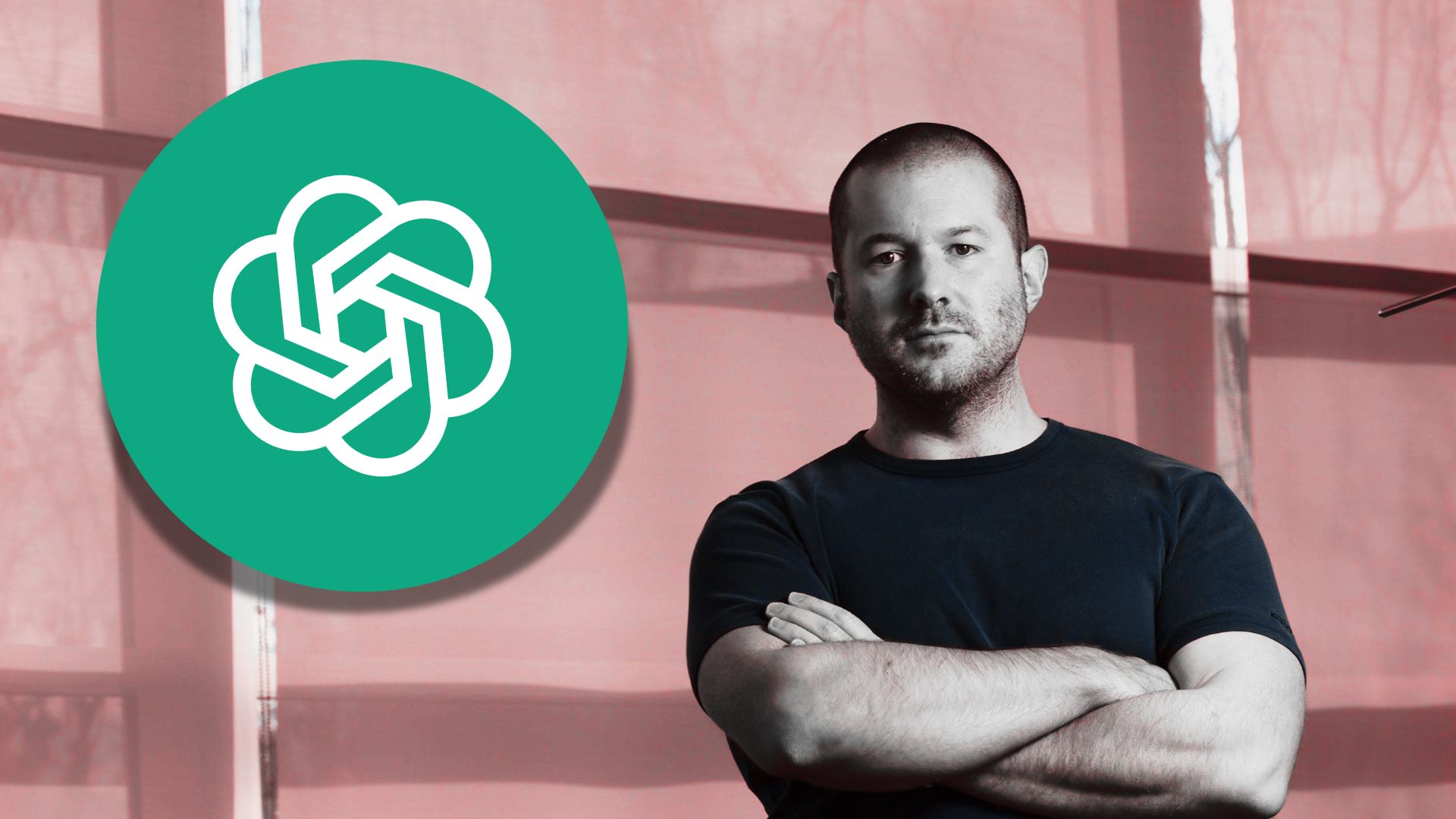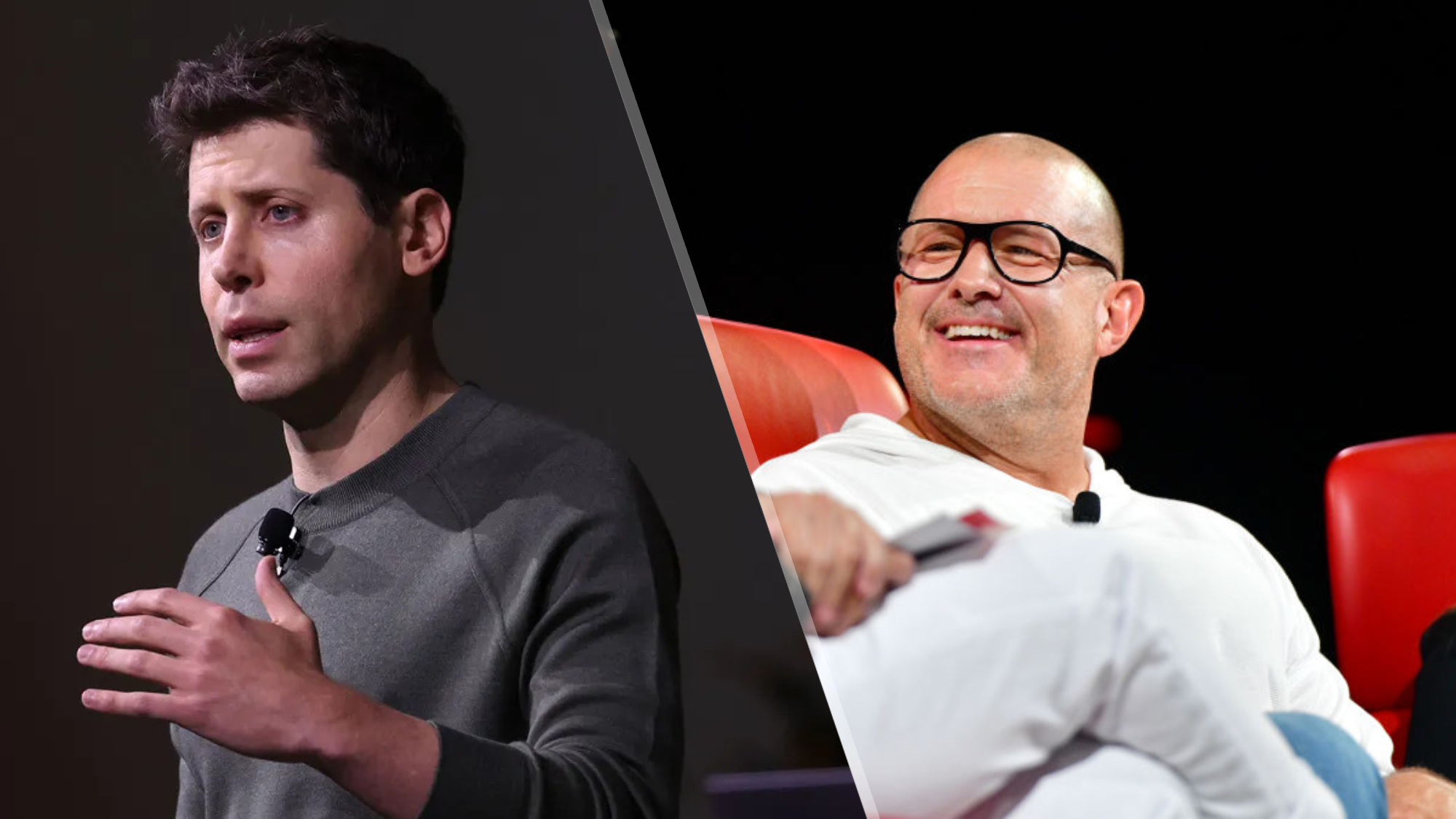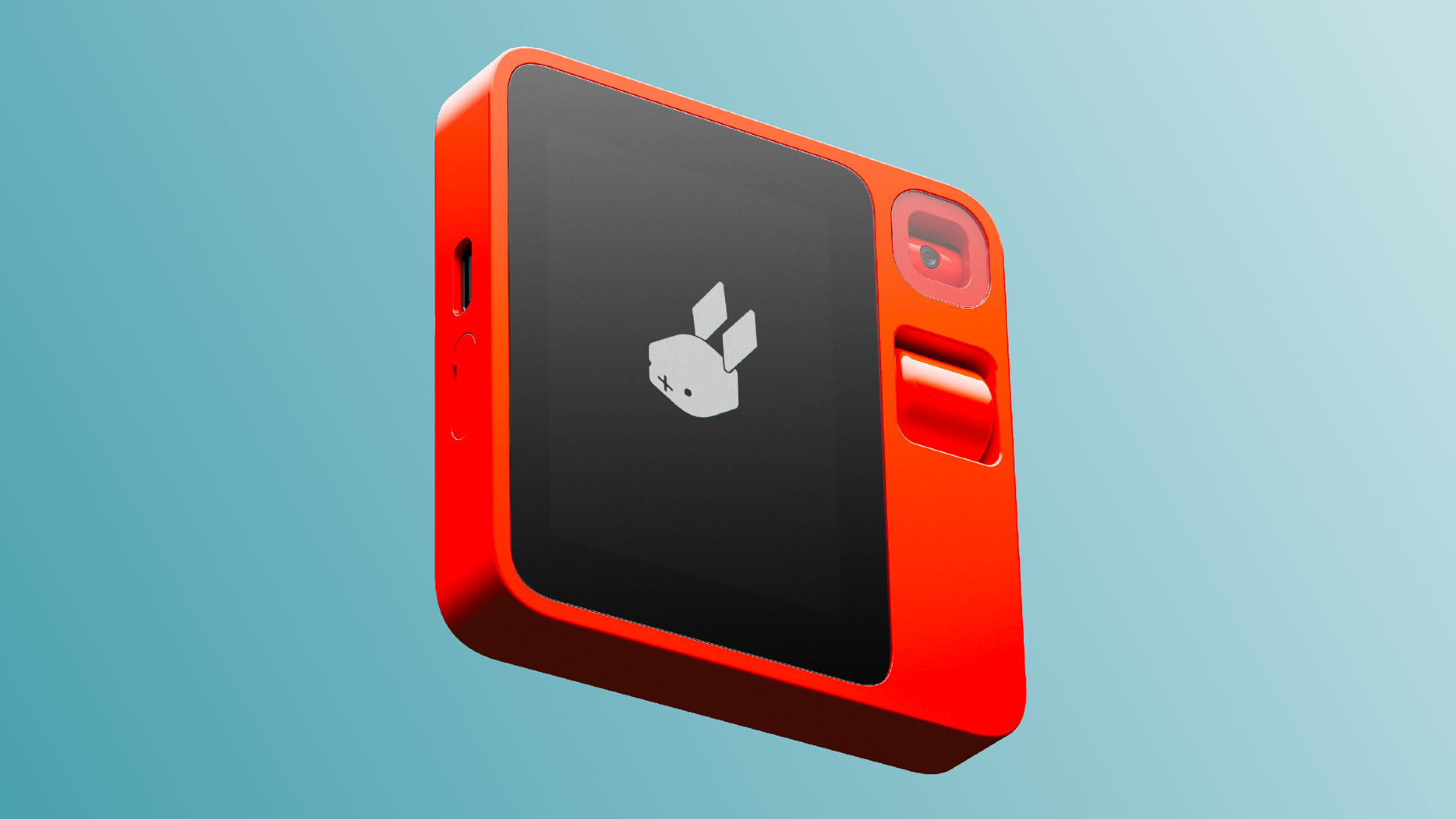'You somehow have to make friends with uncertainty': Apple's Jony Ive hints at mysterious new AI device and OpenAI collaboration
What is Jony Ive's mysterious AI device? Even he doesn't know

It's official: Apple's iconic former VP of Hardware Engineering, Jony Ive, is working on a secretive AI project with OpenAI.
In the five years since Ive left Apple, he's worked on everything from real estate to a book on the history of buttons (yes, really). His most intriguing project is also his most mysterious, but it will have to overcome a string of recent failures to succeed.
According to a profile by The New York Times, Ive is developing a new AI device in collaboration with OpenAI, the developer of ChatGPT. The project is still in its infancy, but already its future looks uncertain. Other dedicated AI devices, namely the Rabbit R1 and Humane AI pin, were spectacular flops when they launched earlier this year.
Can Jony Ive work his design magic once again to transform AI devices into a success?
Former Apple exec Jony Ive hints at new AI device with OpenAI

Despite the cautionary tales of the Rabbit R1 and Humane AI pin, Jony Ive sounds optimistic about the future of his mysterious collaboration with OpenAI.
"You somehow have to make friends with uncertainty," Ive commented in the New York Times profile.
Ive is credited with forging Apple's iconic design language, which earned him a reputation as a living legend in Silicon Valley. Since leaving Apple in 2019, Ive has mainly been occupied with a variety of obscure design projects under the brand of his design firm, LoveFrom. It looks like he may be stepping back into the tech world now, this time working alongside OpenAI.
Sign up to receive The Snapshot, a free special dispatch from Laptop Mag, in your inbox.
The ChatGPT developer has faced some major controversies this year, largely revolving around its CEO, Sam Altman. However, ChatGPT remains one of the most popular AI platforms in the world and recently scored a cameo in Apple's new Apple Intelligence platform.
Ive's collaboration with OpenAI doesn't have anything to do with Apple, though. Instead, Ive and OpenAI have their sights set on a new AI device, although even Ive doesn't know what it will be yet.
The New York Times profile notes, "The project is being developed in secret. Mr. Newson said that what the product would be and when it would be released were still being determined."
Marc Newsom, an industrial designer, is a long-time friend of Jony Ive and is working with him on the OpenAI project.
It's hard to say what exactly that project will become, but the tech industry will be keeping an eye on Ive and OpenAI now, especially since they seem to be diving headfirst into a failing product category.
Can Ive and OpenAI avoid the mistakes of the Rabbit R1 and Humane AI pin?

There's no question Jony Ive was a critical part of Apple's success in his time there, but AI hardware is a different animal.
You'd be forgiven for thinking that given how this year's launches in the category have gone. The Rabbit R1 and Humane AI pin both tried to spark mass appeal for dedicated AI devices, but both ultimately sputtered. Reviews described the Rabbit R1 as "an unfinished, unhelpful AI gadget" and the Humane AI pin was plagued by so many glitches and issues at launch that within a few months the company began talks with HP to sell itself off.
Those aren't the good omens one would hope for when developing a new product. If Ive and OpenAI want theirs to succeed where the Rabbit R1 and Humane AI pin failed, they need to dig into why those devices failed.
On one hand, the answer seems obvious: both products launched before they were ready and couldn't deliver on their promises. Both also fell short of basic performance expectations with an array of glitches and hardware issues (one of which even forced Humane to warn users that its pin's charging case could catch on fire).
If Ive and OpenAI were looking for an easy win, this isn't it.
People were initially excited about these products. It's not impossible to get them right, but developers and designers need to build something that's more than just an AI app on its own device.
If Ive and OpenAI were looking for an easy win, this isn't it. Maybe this is the only collaboration that can make AI devices work, though. If what Marc Newsom told the New York Times about Ive's secret project is true, Ive and OpenAI may be borrowing from Apple's book to take the slow-and-steady approach. Their AI device could take countless forms, too, from glasses to a phone-like device.
We'll have to wait and see what Ive and OpenAI come up with, but one has to wonder: if this AI device is a success, could it free OpenAI from its collaboration with Apple? OpenAI landed a ChatGPT integration in Apple Intelligence, but if OpenAI can develop its own dedicated product for AI tasks, continuing to collaborate with Apple might not be worth it. That's especially true if Jony Ive can help OpenAI come up with something that looks as good as an Apple product.
We'll all be watching Ive and OpenAI's collaboration closely, but Apple may be watching it closest of all.
More from Laptop Mag
- Apps like ChatGPT aren't AI's final form, so what is?
- This wearable AI wants to be your 'Friend' — which is as creepy as it sounds
- 'The world isn’t ready, and we aren’t ready': OpenAI employees sound the alarm ahead of Apple partnership

Stevie Bonifield is a freelance tech journalist who has written for PC Gamer, Tom's Guide, and Laptop Mag on everything from gaming to smartwatches. Outside of writing, Stevie loves indie games, TTRPGs, and building way too many custom keyboards.
